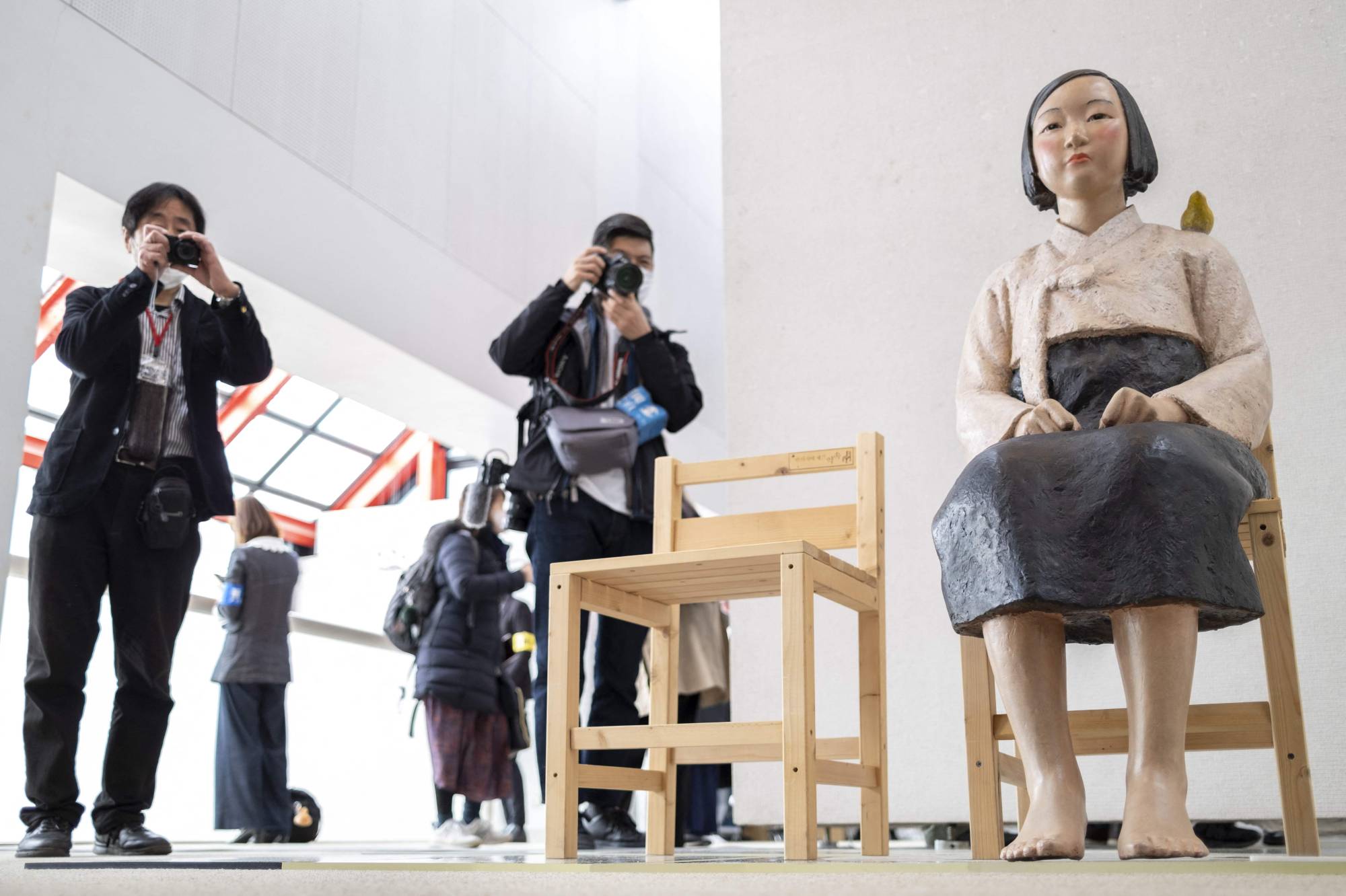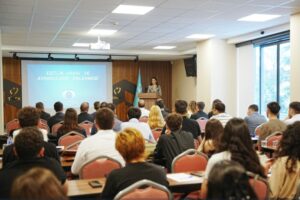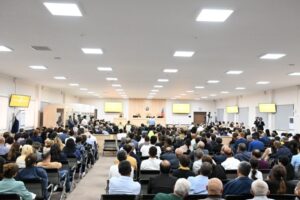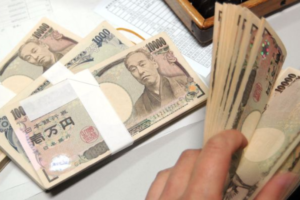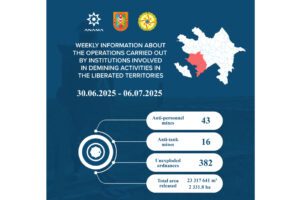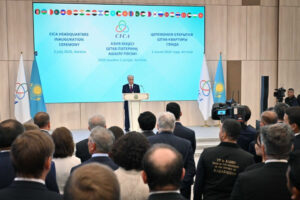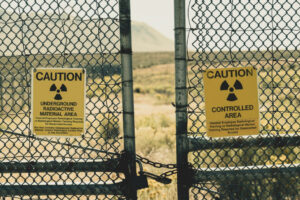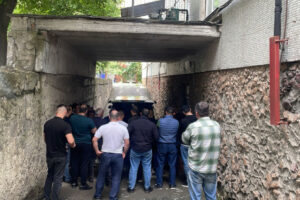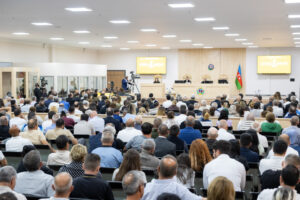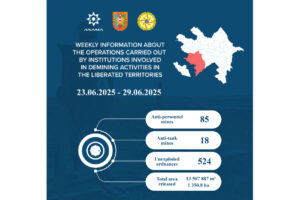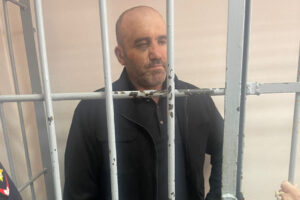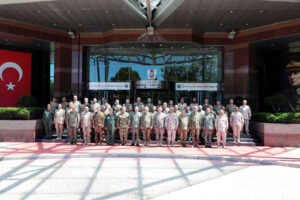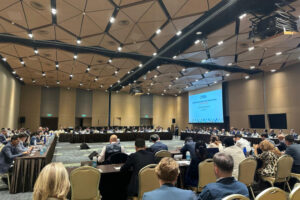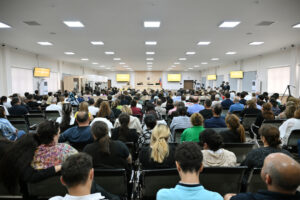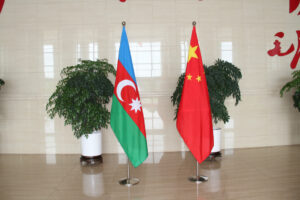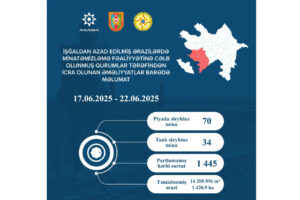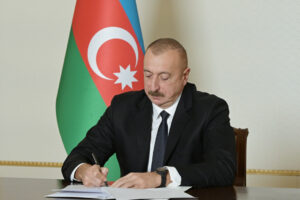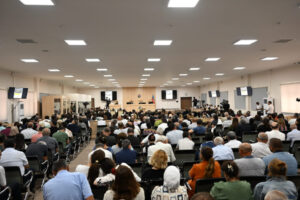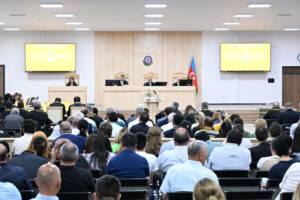Tokyo, 3 April, /AJMEDIA
Japan sees rebound in COVID cases, experts caution against new wave
TOKYO – Japan is seeing a rebound in COVID-19 cases across the country, government data showed Saturday, as experts caution that another resurgence of infections may be around the corner.
The number of new coronavirus cases confirmed in a week through Friday increased in 44 of the country’s 47 prefectures, according to the government data, less than two weeks after Japan completely lifted quasi-emergency measures entailing business restrictions and other curbs.
———-
Finland more open to NATO entry in wake of Russia’s actions: minister
HELSINKI – Russia’s invasion of Ukraine has “totally changed the security landscape in Finland,” reigniting debate about joining the North Atlantic Treaty Organization after decades of remaining neutral, Finnish Foreign Minister Pekka Haavisto told Kyodo News earlier this week.
Haavisto said the majority of Finland’s population now supports joining NATO for the first time in history, despite warnings from Russia that doing so would “have serious political and military consequences.”
———-
Art event featuring “comfort woman” statue opens in Tokyo
TOKYO – A controversial art exhibition featuring works such as a statue symbolizing “comfort women” who worked in Japan’s wartime military brothels finally kicked off in Tokyo on Saturday, after being postponed for about 10 months due to protests by right-wing activists.
The four-day “Non-Freedom of Expression Exhibition” in the suburban city of Kunitachi will showcase works by 16 artist collectives who have been unable to have their pieces shown at government-funded galleries due to what they label as “censorship and a self-imposed ban.”
———-
Japan ramps up online messaging on Ukraine to prepare for hybrid war
TOKYO – Japan’s Defense Ministry has been ramping up its messaging on social media over Russia’s invasion of Ukraine as it tries to prepare for “hybrid warfare,” which combines conventional weapons and information warfare such as the manipulation of public opinion.
Recognizing that the need to handle disinformation and fake news is a critical security issue as manifested in the Ukrainian crisis, the ministry is creating a new specialist post in April to oversee such matters, while increasing communication over the internet.
———-
Sri Lanka declares state of emergency amid protests, economic crisis
BENGALURU, India – Sri Lankan President Gotabaya Rajapaksa declared a state of emergency on Friday, a day after violent protests outside his residence over the country’s economic crisis.
Police imposed an overnight curfew in the country’s main city of Colombo and other areas for two days through Friday, after hundreds of protesters outside the president’s house on the outskirts of the city turned violent and clashed with police and the military on Thursday. Police used tear gas and water cannons to break up crowds.
———-
Japan foreign minister in Poland to take Ukrainian evacuees
WARSAW – Japanese Foreign Minister Yoshimasa Hayashi arrived Saturday in Warsaw to assist Ukrainians fleeing the Russian invasion of the East European country.
Before returning to Tokyo on Tuesday, Hayashi plans to hold talks with senior Polish officials and visit a sheltering place for Ukrainian evacuees in Warsaw.
———-
U.S. further delays ICBM test amid ongoing tensions with Russia
WASHINGTON – The U.S. Defense Department said Friday it will push back an already delayed intercontinental ballistic missile test to avoid further heightening tensions with Russia amid its ongoing invasion of Ukraine.
The Pentagon first announced the postponement of the Minuteman III ICBM test launch on March 2 after Russian President Vladimir Putin said he was putting his country’s nuclear forces on high alert.
———-
Fukushima bullet train services return 2 weeks after big quake
TOKYO – East Japan Railway Co. on Saturday resumed bullet train services between Koriyama and Fukushima stations that were suspended following a powerful earthquake in northeastern Japan more than two weeks ago.
Tohoku Shinkansen trains will run at a reduced speed of up to 160 kilometers per hour, half their maximum speed, between the two stations in Fukushima Prefecture and the number of services will be kept at about 50 percent of normal, according to the company, also known as JR East.

